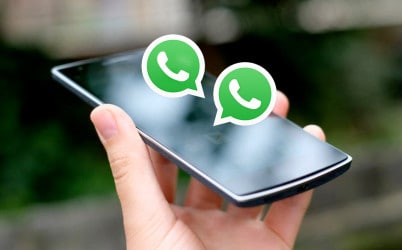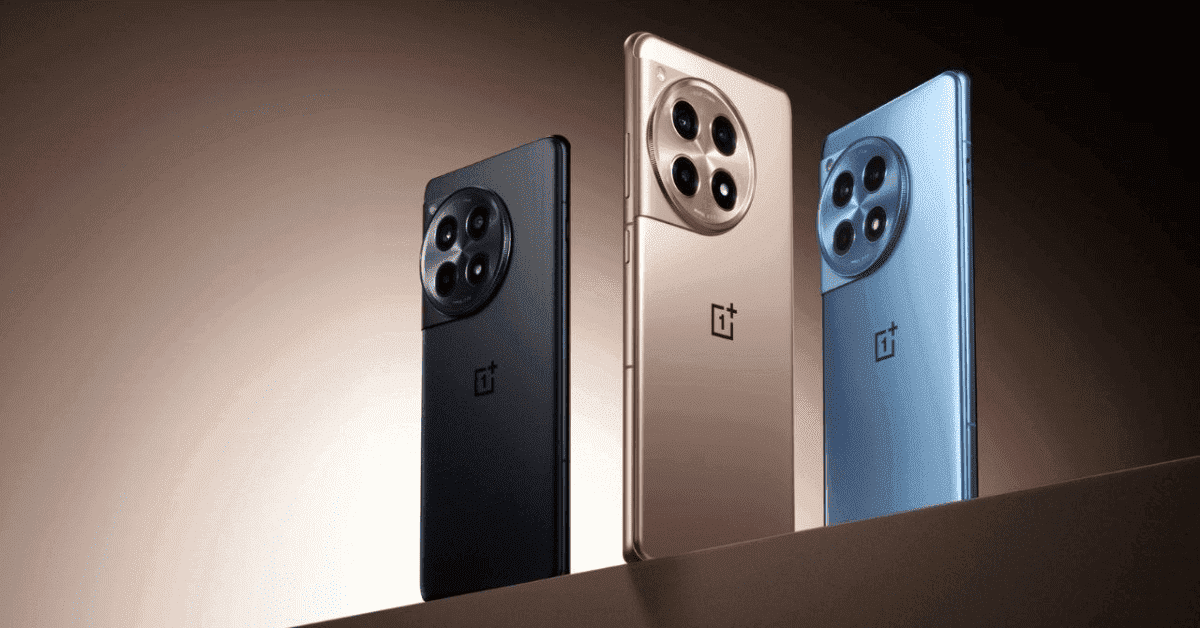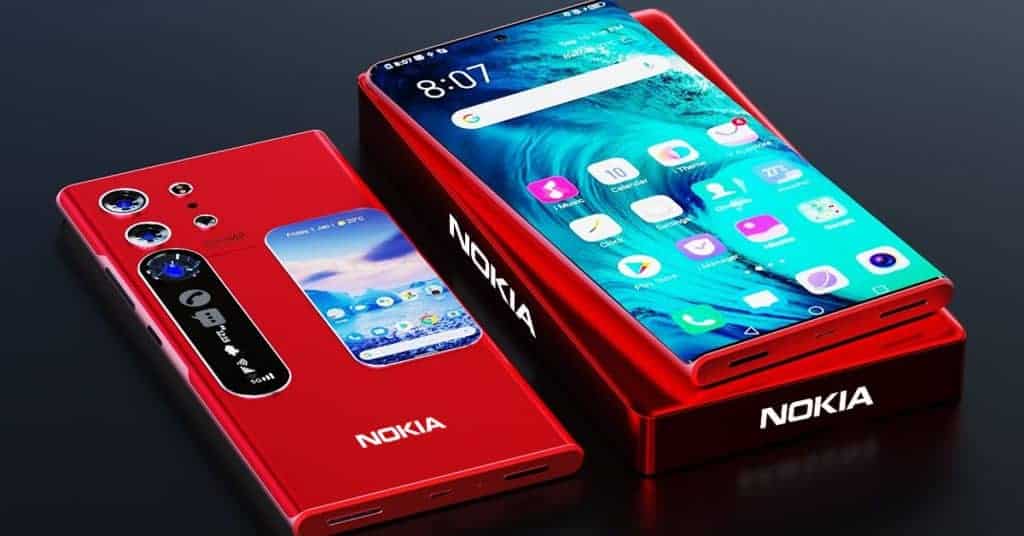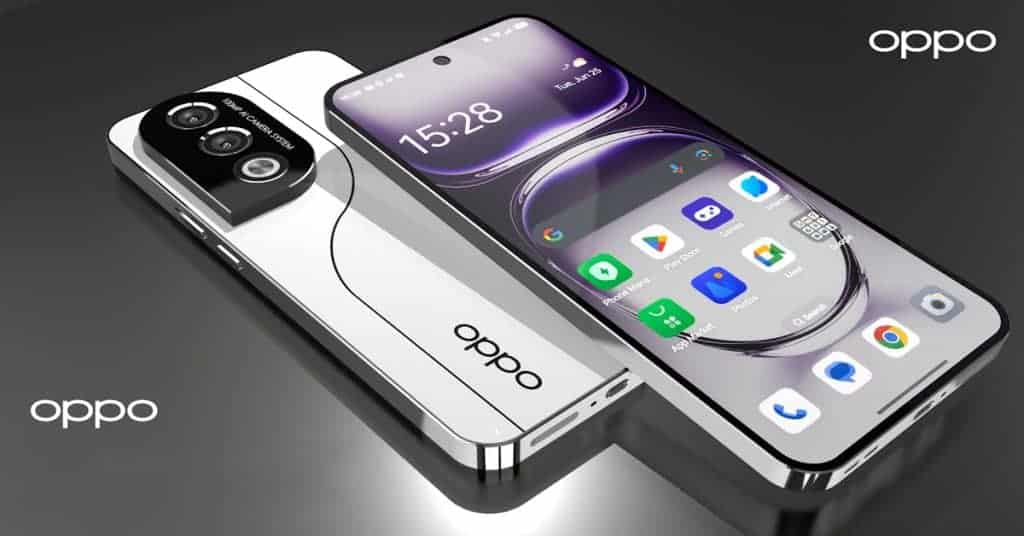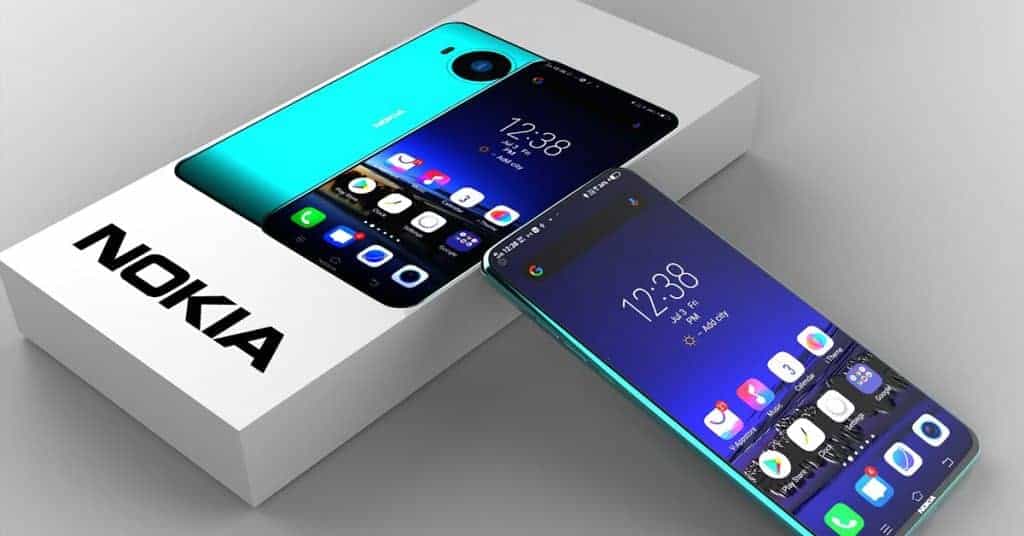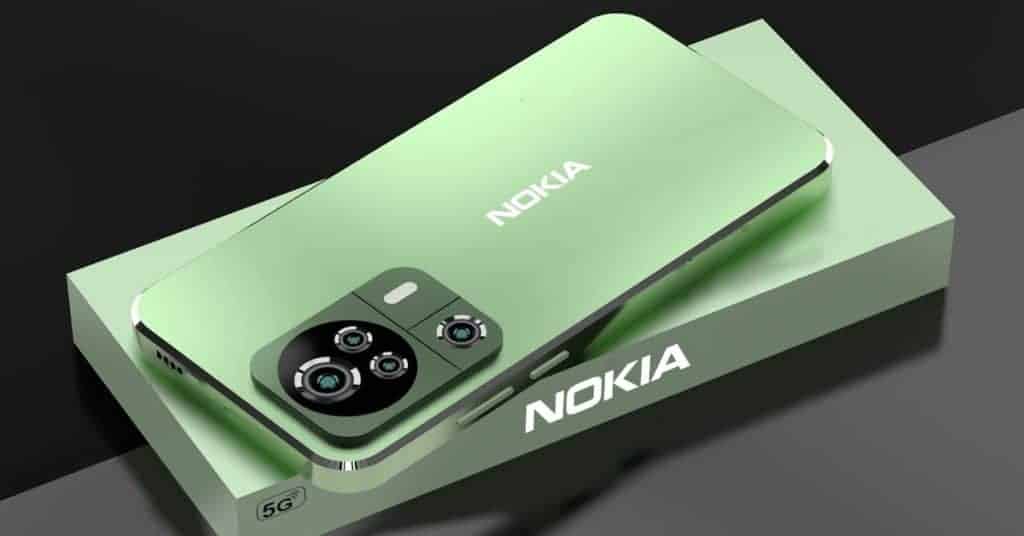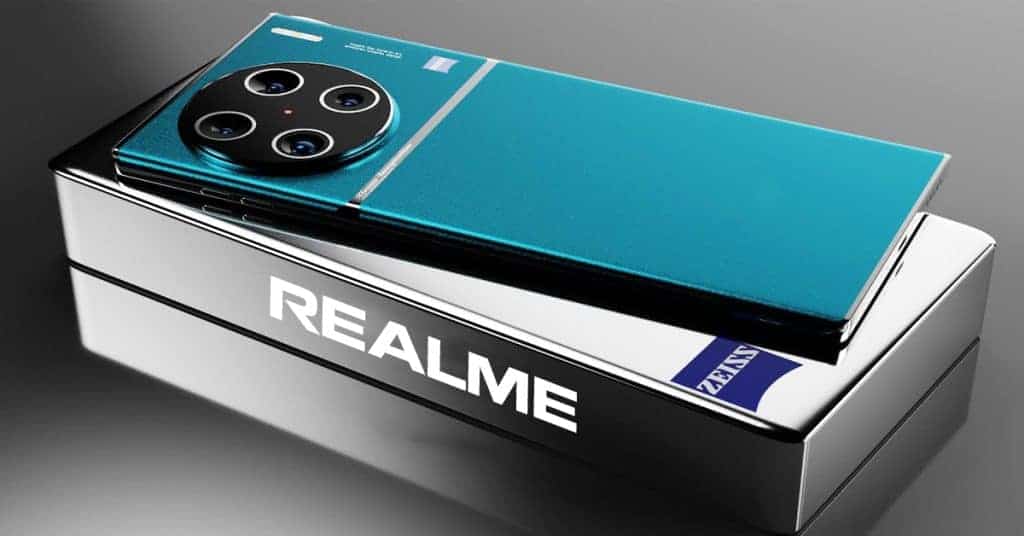WhatsApp came up with Encryption for a Billion People
Recently, the world has been stirred up a lot due to the Apple’s battle with the FBI over a federal order to unlock a mass shooter’s iPhone. Accordingly, the company refused to do so because of privacy and security issue. But, three guys in a small office in Mountain View, California, have made such a big debate kinda small…

WhatsApp came up with Encryption for a Billion People
Lately, the enigmatic founders of WhatsApp, consisting of Brian Acton and Jan Koum, together with a high-minded coder and cryptographer claimed that they added “end-to-end encryption to every form of communication on its service.” In other words, if you use the latest version of WhatsApp, no matter how many people there are and no matter what phone the app is running on, the service will protect all messages, phone calls, photos, and videos you sent or received through the app.
Furthermore, they’re sure that no WhatsApp’s employee can read the data sent through their network if the end-to-end encryption is in place, not even WhatsApp’s employees can read the data that’s sent across its network. As a result, WhatsApp would have no way to comply with the court order if they were in a case similar to the Apple’s. Though, they also have their own prob to deal with.
Like Apple, WhatsApp is delaying a discussion with the federal government about an issue related to a billion devices. Back to 2014, WhatsApp encrypted a part of their network, and since then, the service has been used for criminal actions. One of the newest cases is that “a wiretap order ran into WhatsApp’s end-to-end encryption”, so the Justice Department was considering a court case against the firm, according to The New York Times. The JD raised a question: What do you do when a company creates an encryption system that makes it impossible for court-authorized search warrants to be executed? Well, we feel hard to answer it. You?
“Secrecy for a billion people
We can easily see that both Apple and three WhatsApp guys share the same opinion, or “Silicon Valley’s standard belief”, in online privacy. Maybe the government also needs to carefully think about something much bigger than a locked iPhone. That is “secrecy for a billion people.” (Source)
